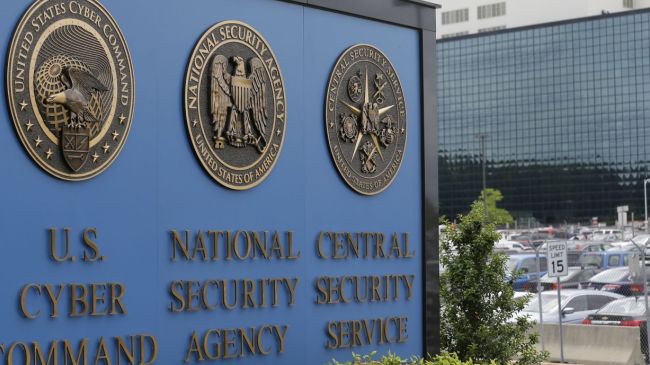
Australia’s ambassador has been summoned in Indonesia amid reports that Australian embassies have been used as part of a US-led spying network in Asia.
According to The Sydney Morning Herald (SMH), diplomatic posts in Asia were being used to intercept phone calls and data.
China has also demanded an explanation from the US over the allegations.
The reports were based on an NSA document leaked by whistleblower Edward Snowden.
The document, which was originally published by German newspaper Der Spiegel, describes a signals intelligence programme called Stateroom which involves the interception of radio, telecommunications and internet traffic using equipment in US, British, Australian and Canadian diplomatic missions.
Diplomatic posts involved included those in Jakarta, Bangkok, Hanoi, Beijing and Kuala Lumpur, amongst others, SMH reported on Thursday.

A former Australian intelligence officer, who was not named, told SMH that the Australian embassies in Jakarta and Bali were used to collect signals.
In a statement, Indonesian Foreign Minister Marty Natalegawa said: “[The government] cannot accept and strongly protests the news of the existence of wiretapping facilities at the US embassy in Jakarta.”
“If confirmed, such action is not only a breach of security, but also a serious breach of diplomatic norms and ethics.”
“The reported activities absolutely do not reflect the spirit of a close and friendly relationship between the two neighbors and are considered unacceptable by the government of Indonesia,” the foreign ministry added in a statement.
Australian ambassador Greg Moriarty was summoned to the foreign ministry on Monday.
He described the talks, which reportedly took less than half an hour, as “a good meeting”.
Australia and Indonesia are key allies and trading partners. Australia requires Indonesia’s co-operation on the asylum issue, as many asylum seekers travel via Indonesia to Australia by boat.
Meanwhile, Chinese foreign ministry spokeswoman Hua Chunying said Beijing was “extremely concerned” about the report.
“[China] demands that the US offer a clarification and explanation,” she said.
“We demand that foreign embassies in China and their staff respect the Vienna Convention.”
Malaysia’s foreign ministry, in a statement, said it had sought clarification on the issue from the US envoy in Kuala Lumpur, adding that Malaysia’s “security and sovereignty” remained the priority.
Australia’s Department of Foreign Affairs and Trade declined to comment on the reports. PM Tony Abbott said: “Every Australian governmental agency, every Australian official… operates in accordance with the law.”
The reports are the latest in a series of documents leaked by Edward Snowden, who has been granted temporary asylum in Russia and is wanted in the US in connection with the unauthorized disclosures.
The US is facing growing anger over reports it spied on its allies abroad.
However, correspondents say that in reality most governments conduct surveillance or espionage operations against other countries whose activities matter to them.
[youtube alZU8_9FECE 650]